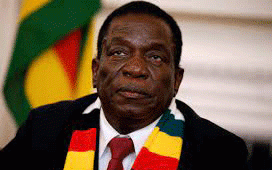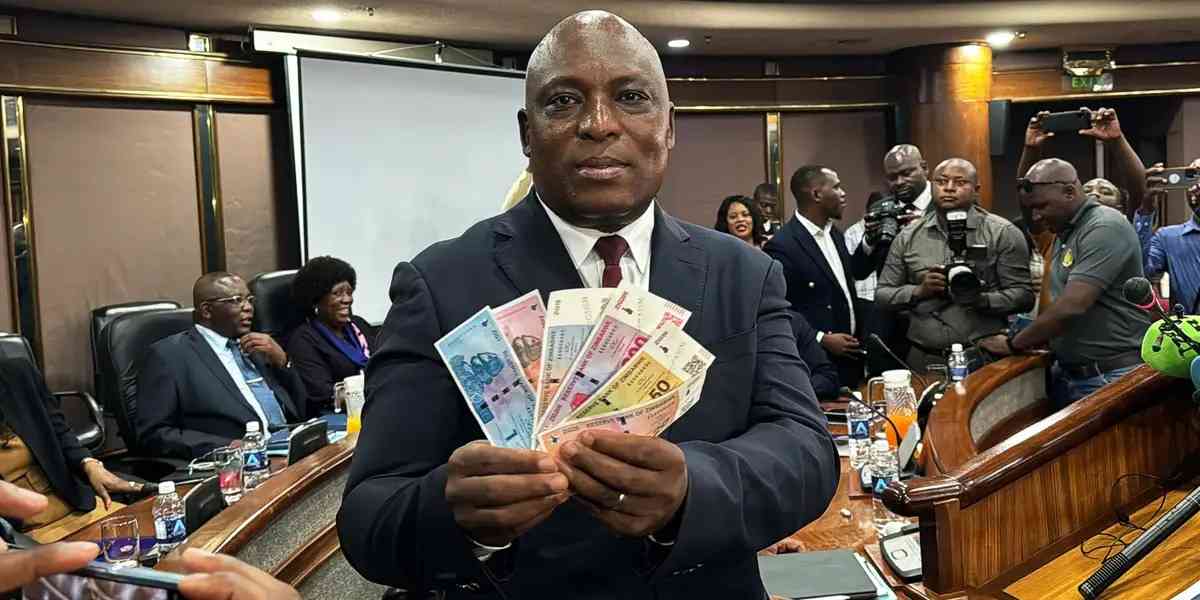
Given the number of events that occurred in the country this year, it is sad that citizens are still unsure whether the government will implement electoral reforms ahead of the harmonised elections next year or not.
Zimbabwe has not taken any action to put electoral reforms in place to guarantee free and fair elections.
Any democratic society will always have an electoral reform process.
Since every nation is different, it will carry out reforms that take into consideration its political circumstances.
The enactment of electoral laws, which aim to reflect the aspirations, dreams, and wishes of the populace, involves parliament in a significant way.
Any electoral reform should aim to build a climate of peace, stability, and opportunity where people are free to exercise their democratic rights.
Gross human rights violations, such as the prohibition of opposition gatherings, violent attacks, killings, and imprisonment of opposition members, have tainted Zimbabwe's political and electoral settings.
However, President Emmeron Mnangagwa’s administration has recently focused on passing the Private Voluntary Organisations (PVOs) Amendment Bill, which has been criticised for violating regional and international rules governing the conduct of democratic elections.
- Chamisa party defiant after ban
- Village Rhapsody: How Zimbabwe can improve governance
- News in depth: Partisan police force persecutes opposition, shields Zanu PF rogue elements
- Chamisa chilling death threat bishop defiant
Keep Reading
Sadly, after decades of calls for electoral reforms, Zimbabwe will go into yet another election with no reforms that can ensure a free, fair, and credible election.
Some political analysts say that the PVO Bill modifications will violate a number of continental and regional conventions aimed at preserving the integrity of elections, including the principles and norms regulating democratic elections established by the Southern African Development Community (Sadc).
As we prepare for yet another harmonised election in 2023 and others to follow, the questions of how to make electoral outcomes a function of people's will, and how to make people’s own elections, must loom large
Election participation is only warranted by voters' belief that elections may effect change.
Citizens are under-represented in Zimbabwe's elections due to a lack of trust in the Zimbabwe Electoral Commission's ability to carry out its mandate.
Zec's reluctance to fight for election changes is concerning.
Over the previous two decades, there has been a concentration on legal electoral reform, which is understandable, but it has not yielded the desired consequences.
Nelson Chamisa, leader of the Citizens Coalition for Change (CCC), recently warned that his party might boycott the 2023 elections if its demands, which include electoral reforms, are not addressed.
Elections are an essential component of democratic processes such as political transitions, the execution of peace agreements, and the development of democracy.
The character and organisation of the institutions involved in electoral management or providing electoral services is an important issue of electoral reform.
Reforms in this scenario may increase Zec's independence.
The ruling Zanu PF system appears to prevent Zimbabwe's opposition parties from forcing enactment of electoral reforms in Parliament.
The system is still a drawback despite the laws allowing Members of Parliament to introduce private bills.
Since the constitution permits it and the standing orders permit the introduction of a private member bill sponsored by an MP, there is room for revisions.
It is impossible to overstate the importance of Parliament's role in the electoral reform process.
It is crucial that decision-makers are aware of the need for electoral reform since they have the power to either support or obstruct the reform process.
Without this information, the changes can be exploited to further the interests of the general population or to manipulate them for political purposes.
The majority of electoral reforms are implemented as a result of a variety of causes, including, among others, voter apathy, responsiveness to world developments, political parties, and assessments of the electoral performance made by internal and external observers.
The Zanu PF system, in some ways, hinders opposition MPs from freely carrying out their duties.
Opposition MPs would certainly indicate priorities of legislation they wish to be submitted to Parliament.
For a very long time, there have been disputed election results in Zimbabwe.
The issue of elections in Zimbabwe cannot be resolved by a single solution; instead, both the political parties in power and those in opposition must work together to find a solution.
Electoral reforms are not being implemented, despite the fact that legal and administrative reforms are frequently mentioned in connection with reforms.
In the Zimbabwean context, electoral reform generally attracts the public eye when it entails changes to representative arrangements, such as ensuring Zec's independence in carrying out its electoral obligations systems, but it is a much larger concept.
The first step in transforming a political culture of intolerance, violence, election manipulation, and resistance to honest and fair democratic competition is changing institutions and processes.
The overall result of this political culture is to undermine the will of the people.
* Mathanda is a journalist and development practitioner who writes in his capacity. For feedback email: [email protected] or call 0719770038 and Twitter @EvansMathanda19







